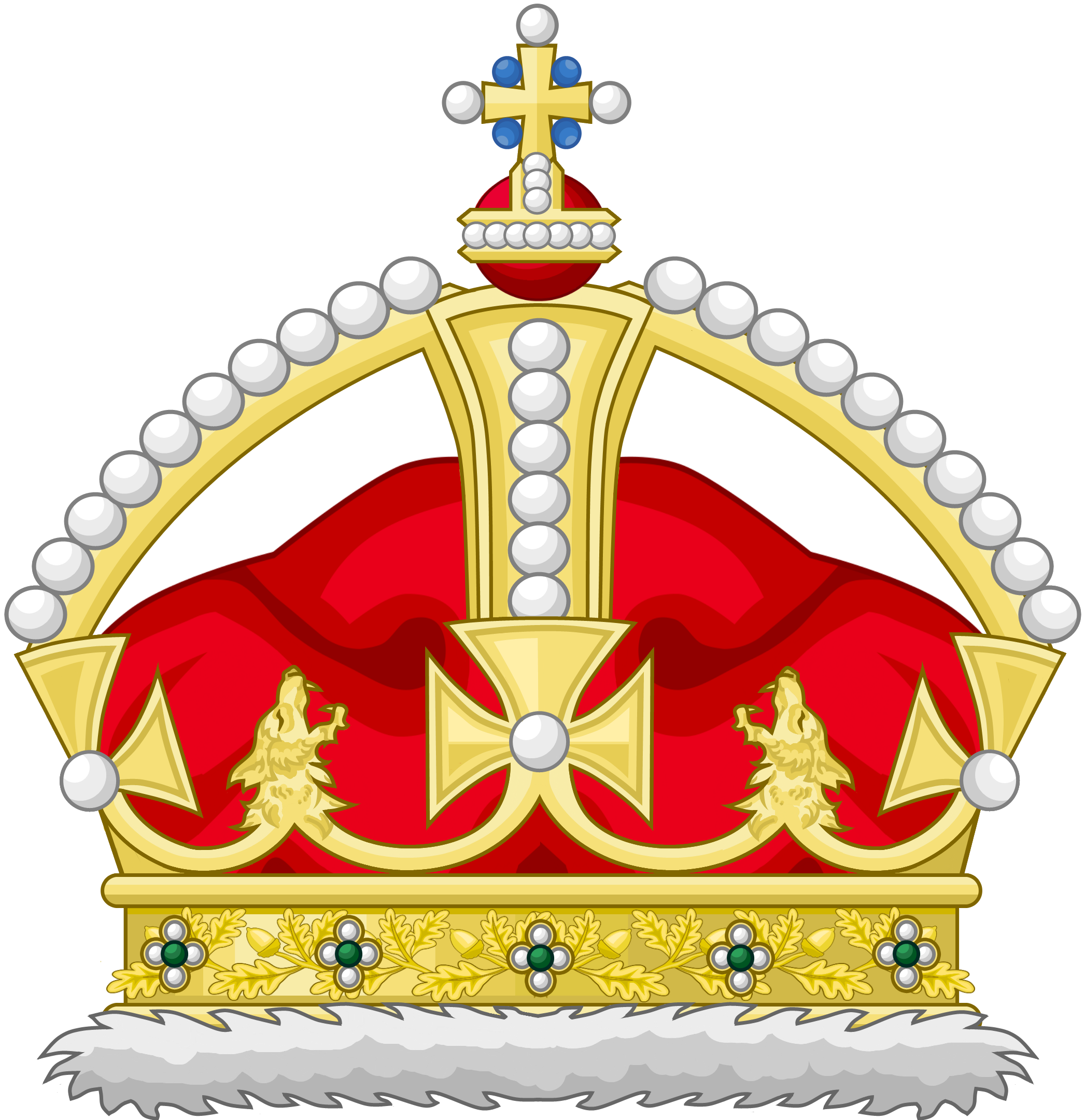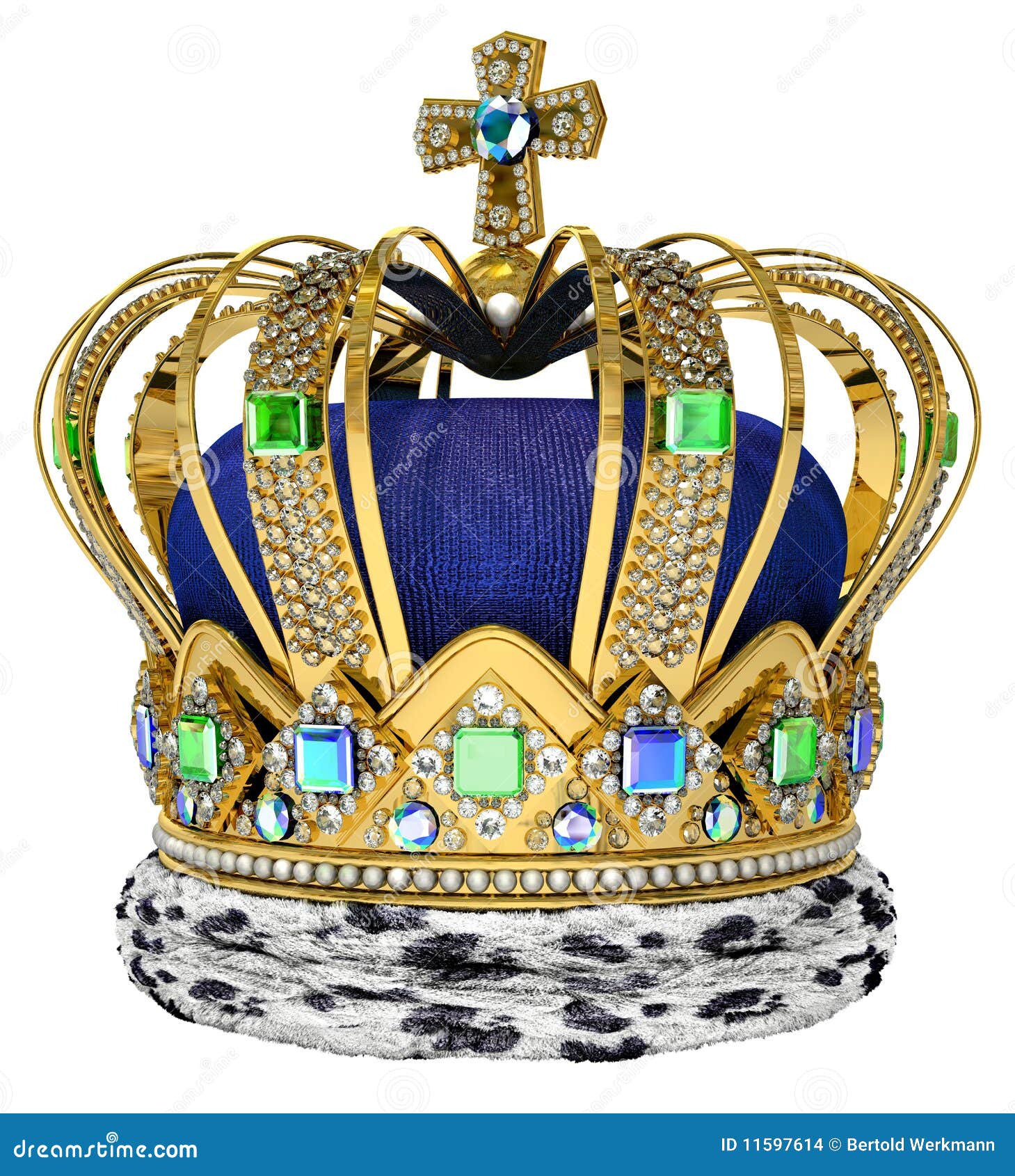What Royal Duties Do Crown Families Have? A Deep Dive Into The Glittering World Of Royalty
When you think about royal families, it's easy to picture grand palaces, dazzling jewels, and endless glamour. But behind the glitz and the glory lies a world of responsibility, tradition, and duty. So, what royal duties do crown families have? It's not all about waving from a balcony or attending fancy parties. Let's dive into the real work that royalty does, and why it matters more than you might think.
Let's be real here, folks. Royal families are not just symbols of history; they're also pillars of their nations. They carry the weight of tradition, represent their countries on the global stage, and play a crucial role in maintaining cultural heritage. Whether it's meeting world leaders, supporting charities, or simply being a figure of national pride, the royals have their hands full. And trust me, it's not all tea and crumpets.
Now, before we get too deep into this, let me ask you something. Have you ever wondered why royal families still exist in the modern world? In an era where democracy reigns supreme, the idea of monarchy might seem outdated. But the truth is, royal families bring stability, unity, and a sense of continuity to their nations. And while their duties might not be written in stone, they are deeply rooted in tradition and public expectation. So, let's explore what exactly these royal duties entail.
- Sarah Jessica Parkers Weight And Height The Inside Story Youve Been Waiting For
- Maruchan Ramen Recall What You Need To Know About This Spicy Situation
The Basics of Royal Responsibilities
First things first, let's break down the basics of what royal duties really mean. At its core, the role of a crown family is to serve as a symbol of national unity and continuity. This means they represent their country in both domestic and international settings. But that's just the tip of the iceberg. Royalty is also expected to support charitable causes, engage with the public, and uphold the values of their nation. And yes, they do all this while looking fabulous.
Here's the deal: royal duties vary depending on the country and the specific monarchy. For example, the British royal family has a long list of official engagements, from opening parliament to hosting state visits. Meanwhile, other royal families might focus more on cultural preservation or economic development. But one thing is universal: being a member of a crown family is not a job for the faint-hearted.
Public Engagement: Meeting the People
One of the most visible aspects of royal duties is public engagement. Whether it's walking through a bustling marketplace or attending a local festival, royals are often out and about meeting their subjects. This isn't just about waving and smiling; it's about building a connection with the people they represent. And let's be honest, seeing a prince or princess in the flesh is pretty darn exciting.
- Maligoshik Leak The Untold Story Risks And What You Need To Know
- A Mothers Warmth Chapter 3 Jackerman Dive Into The Heartfelt Tale
Why Public Engagement Matters
Public engagement is more than just a PR stunt. It's a way for royals to show that they care about the everyday lives of their citizens. By attending community events, visiting schools, and supporting local initiatives, they demonstrate their commitment to the well-being of their nation. Plus, it's a great way to boost morale and foster a sense of national pride. Who doesn't love a good royal visit?
Charitable Work: Giving Back to Society
Another key responsibility of crown families is charitable work. Many royals are patrons of various charities and organizations, using their platform to raise awareness and funds for important causes. From mental health to environmental conservation, the issues they champion often reflect the values of their nation. And let's not forget, their involvement can bring significant attention and resources to these causes.
For instance, Prince William and Kate Middleton have been vocal advocates for mental health awareness. Through their initiatives like Heads Together, they've helped break down the stigma surrounding mental health issues. Similarly, Princess Diana was a trailblazer in raising awareness about HIV/AIDS and landmine clearance. The impact of royal involvement in charity work cannot be overstated.
International Duties: Representing the Nation
Beyond their domestic responsibilities, crown families also play a crucial role on the global stage. They represent their countries at international events, meet with world leaders, and engage in diplomatic efforts. This might involve hosting state visits, attending international summits, or even negotiating trade agreements. It's a delicate balancing act, but one that royals are trained to handle with grace and diplomacy.
State Visits: The Royal Version of a Business Trip
State visits are a big deal in the world of royalty. They involve everything from formal banquets to cultural exchanges, all designed to strengthen relationships between nations. For example, when Queen Elizabeth II hosted President Obama at Buckingham Palace, it was more than just a social gathering. It was a chance to deepen ties between the UK and the US. And let's not forget, these visits often come with some serious pomp and circumstance.
Cultural Preservation: Keeping Traditions Alive
Preserving cultural heritage is another important aspect of royal duties. Crown families are often guardians of their nation's history and traditions, ensuring that these are passed down through generations. This might involve supporting cultural institutions, promoting national festivals, or even restoring historical landmarks. It's all part of maintaining a sense of identity and pride in one's heritage.
Take, for example, the Japanese imperial family, who play a vital role in preserving traditional Japanese culture. From tea ceremonies to Shinto rituals, they uphold practices that have been passed down for centuries. Their involvement helps keep these traditions alive in an increasingly globalized world.
Economic Contributions: Boosting the Nation's Wealth
While royals don't hold official political power, they can still make a significant economic impact. Through their public appearances, charitable work, and international engagements, they bring attention and investment to their countries. In fact, studies have shown that royal tourism can generate millions of dollars in revenue. Who knew waving from a balcony could be so profitable?
The Economic Impact of Royalty
Let's talk numbers for a second. According to a report by Brand Finance, the British royal family contributes around £1.7 billion to the UK economy each year. That's a lot of tea and scones! This figure includes everything from tourist spending to media coverage. And while the monarchy does come at a cost, many argue that the benefits far outweigh the expenses.
Biography of a Crown Family Member
Now, let's take a closer look at what life is really like for a member of a crown family. To do this, we'll focus on one individual: Prince Charles, the Prince of Wales. As the heir to the British throne, Charles has spent decades preparing for his future role as king. But who is he, really?
| Full Name | Charles Philip Arthur George |
|---|---|
| Date of Birth | November 14, 1948 |
| Title | Prince of Wales, Duke of Cornwall |
| Spouse | Camilla, Duchess of Cornwall |
| Children | Prince William and Prince Harry |
Prince Charles has long been known for his passion for environmental issues and sustainable living. He's also a patron of numerous charities and organizations, reflecting his commitment to social responsibility. And while he may not be everyone's cup of tea, there's no denying his dedication to his royal duties.
The Challenges of Royal Life
Of course, being part of a crown family isn't all sunshine and roses. There are plenty of challenges that come with the territory. From media scrutiny to public expectations, royals face a unique set of pressures. And let's not forget, they have to maintain a certain image at all times. It's not easy being perfect all the time, folks.
Media Scrutiny: The Good, the Bad, and the Ugly
The royal family is constantly in the spotlight, and not always for the right reasons. From tabloid gossip to social media backlash, they have to navigate a complex media landscape. And while some attention is welcome, too much of it can be overwhelming. Just ask Meghan Markle or Princess Diana. It's a fine line between being a public figure and having a private life.
The Future of Royalty
As the world continues to change, so too must the role of royalty. Crown families are adapting to new challenges, embracing modern technology, and finding new ways to connect with their citizens. Whether it's through social media or virtual engagements, they're proving that tradition and innovation can go hand in hand. And while some may question the relevance of monarchy in the modern world, there's no denying its enduring appeal.
What Does the Future Hold?
Looking ahead, the future of royalty looks bright. With young royals like Prince William and Kate Middleton stepping into the spotlight, there's a sense of renewal and excitement. They bring fresh perspectives and new ideas to the table, while still honoring the traditions of the past. It's a delicate balance, but one that seems to be working.
Conclusion
So, what royal duties do crown families have? The answer is simple: a lot. From public engagement to charitable work, international duties to cultural preservation, their responsibilities are vast and varied. And while it might not be the glamorous life we imagine, it's a job that requires dedication, hard work, and a whole lot of grace under pressure.
As we've seen, royalty plays an important role in modern society. They bring stability, unity, and a sense of tradition to their nations. And while their duties might not always be visible, they make a real difference in the lives of their citizens. So, the next time you see a royal waving from a balcony, remember that there's a whole lot more going on behind the scenes.
Now, it's your turn. What do you think about the role of royalty in today's world? Do you think they still have a place? Let us know in the comments below, and don't forget to share this article with your friends. After all, knowledge is power, and the more we understand about royal duties, the better equipped we are to appreciate their contributions. Cheers, mate!
Table of Contents
- The Basics of Royal Responsibilities
- Public Engagement: Meeting the People
- Charitable Work: Giving Back to Society
- International Duties: Representing the Nation
- Cultural Preservation: Keeping Traditions Alive
- Economic Contributions: Boosting the Nation's Wealth
- Biography of a Crown Family Member
- The Challenges of Royal Life
- The Future of Royalty
- Conclusion
- Jackerman 3d Model The Ultimate Guide To Unleashing Your Creative Potential
- Who Is Joe Fortenbaughs Spouse The Untold Story

Revealed In Time Royal Families Crown Prince Frederik & Crown

FileTHE ROYAL CROWN OF VICTORIA1.png MicrasWiki

Royal Crown Stock Images Image 11597614